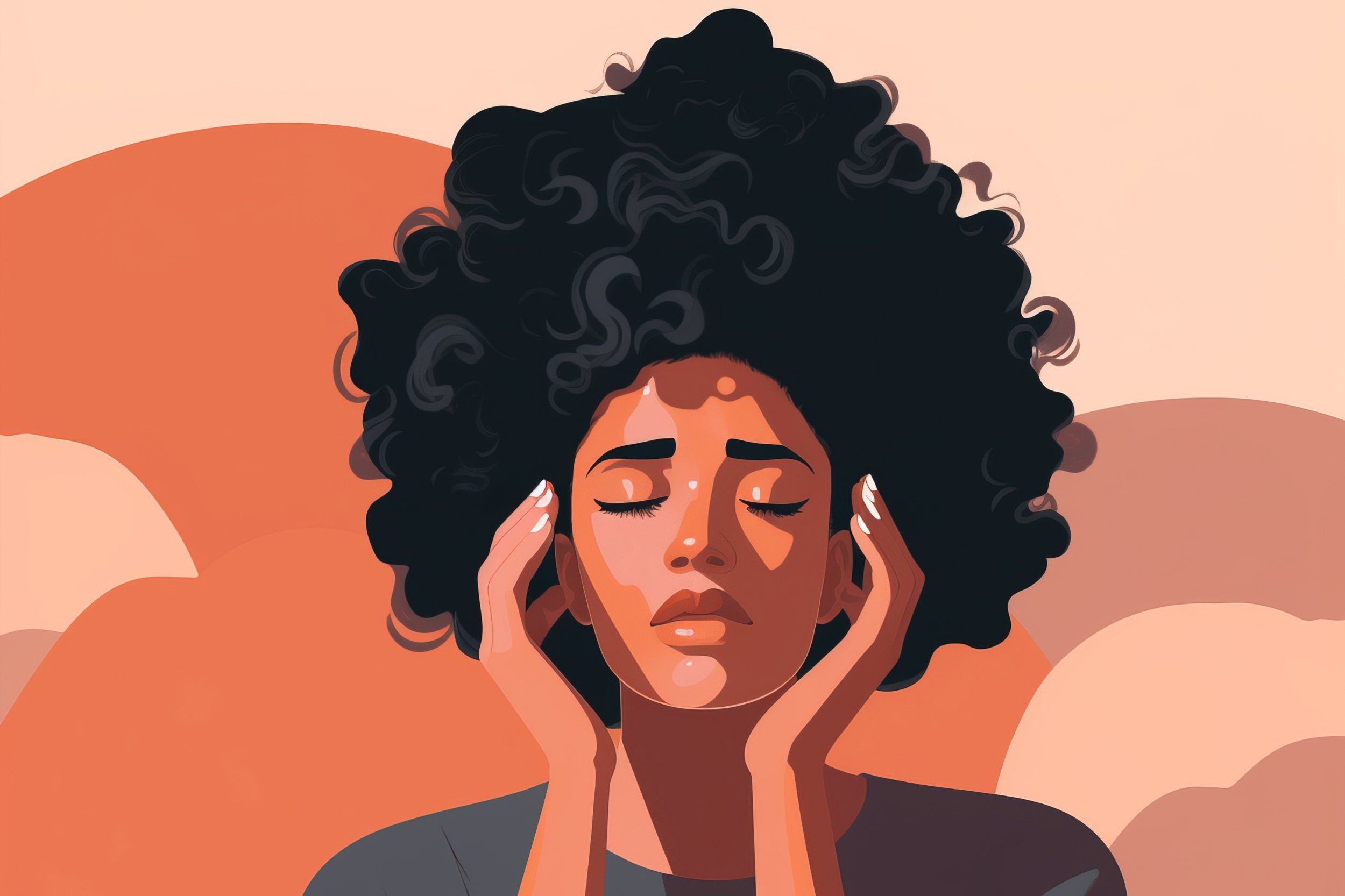The Silent Epidemic: How Trauma and Bias Impact Eating Disorders in Black and Brown Communities
In 2022, I lost my friend Jessica*. She was 40 years old when an eating disorder took her life – a tragedy born from healthcare's deadly blind spot. For nearly a decade, doctors treated her symptoms while missing the core issue, reflecting a devastating pattern: eating disorders in Black and Brown communities remain invisible until it's too late.
Eating disorders can often arise at the intersection of trauma, biology, and environment. In BIPOC communities, chronic stress and trauma alter brain chemistry and fundamentally reshape relationships with food and our body image. What may begin as a survival response – whether through restricting, binging, or purging – can become a way to cope with feelings of powerlessness and anxiety. Over time, this coping mechanism can evolve into a complex mental health condition that disconnects people from their bodies' natural hunger cues, perpetuating cycles of disordered eating that require clinical intervention. These aren't behavioral choices, but serious mental health concerns that deserve early intervention.
This systematic underdiagnosis in communities of color represents one of healthcare's most urgent yet overlooked equity crises in 2024. While eating disorders affect BIPOC communities at rates comparable to white populations, research shows they are 50% as likely to receive a diagnosis1; this disparity, rooted in systemic inequities, carries staggering public health implications. Eating disorders have the second-highest mortality rate 2 among mental health conditions, with delayed diagnosis significantly increasing both healthcare costs and mortality risks.
Project HEAL is confronting this issue head-on to spearhead a national model for systems change. By facilitating over $5 million of value annually in comprehensive care and creating culturally-rooted healing pathways through our community care program, we've created a replicable framework for equitable access to mental healthcare. As a member organization of the Eating Disorders Coalition, we support advocacy efforts that have secured millions in federal funding in an effort to demonstrate how targeted investments will save both lives and healthcare dollars.
This is a crisis that demands immediate action. Collectively, we must work to expand provider training, enhance screening protocols, and increase funding for culturally competent care. With coordinated federal, state, and community-level intervention, we can help our communities heal, and build a better healthcare ecosystem for all.
* Name anonymized


